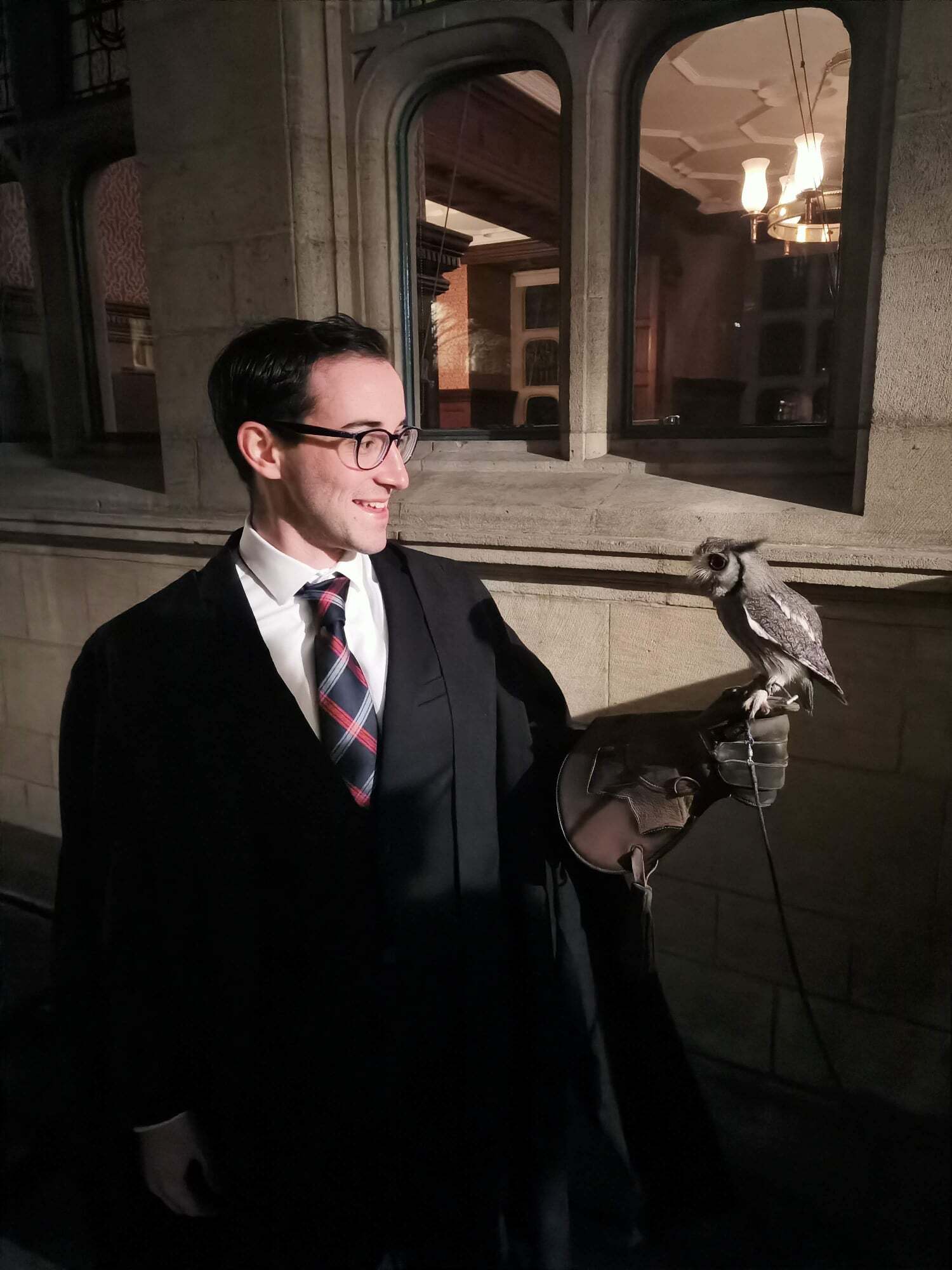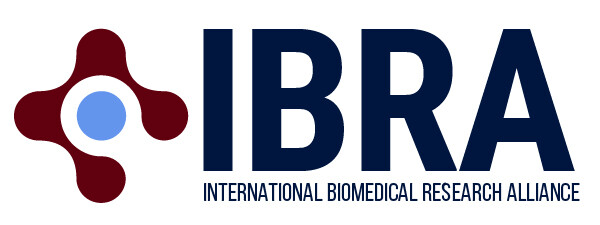
Defense Against The Dark Arts: What Magic Has Taught One OxCam Student About Science And Patient Care
Beginning his journey in biomedical research as a high school student, Nick Pasternack secured a summer research internship position at the University of Wisconsin Department of Chemistry with Prof. Robert Hamers. He learned laboratory basics, igniting a passion for using science to better people’s lives. After high school, Nick attended the University of Florida (UF) for his undergraduate degree majoring in psychology and continued developing his research skills as a research assistant in the laboratory of Dr. Dennis Steindler (now of Tufts University) where he worked closely with Dr. Florian Siebzehnrubl (now of Cardiff University) and Dr. Loic Deleyrolle. The subject of his undergraduate project was utilizing cellular models of glioblastoma, the most common and lethal form of brain cancer, to determine potential treatments for the disease.
After graduating from UF, Nick was awarded a Frost Scholarship to complete an MSc in neuroscience at Exeter College, University of Oxford. Over the course of the MSc, Nick completed two research projects. Nick worked with Dr. Tommas Ellender and utilized light-based techniques (i.e. optogenetics) to determine properties of specific brain networks. For the second project, he worked with Prof. Stephanie Cragg and studied a mouse model of Parkinson’s disease. Based on his experiences during the MSc, Nick decided to embark on the physician-scientist pathway by pursuing his MD/PhD. After completing his first two years of medical school at the Virginia Commonwealth University School of Medicine, Nick started his PhD as an NIH-Cambridge Scholar in the Class of 2019. He identified Prof. Ole Paulsen of Cambridge University and Dr. Avindra Nath of the National Institute of Neurological Disorders and Stroke (NINDS) as his co-supervisors. The goal of Nick’s thesis project is to utilize RNA sequencing technologies to identify specific, druggable targets in Amyotrophic Lateral Sclerosis (ALS) patient samples and then test these functionally in a mouse model of ALS. Nick’s future career goal is to become a physician-scientist specializing in caring for and developing treatments for patients with neurodegenerative diseases.

Concomitant with his research training, Nick developed his skills and passion for the performance of magic. Nick began pursuing magic in high school while he was recovering from a sports injury and preparing for a school presentation. He included some magic effects in his presentation and has been hooked ever since. When Nick moved to UF, he was surprised to learn that there was no magic club, so he started one. Nick founded UF’s Student Magicians Club (SMC) with the goal of improving the lives of the local community through magic performance. He led and organized two important events towards this goal: biweekly magic performances at the local children’s hospital and the Annual Magic Extravaganza event. The biweekly performances gave SMC members the opportunity to hone their performance skills and provided much needed joy and hope to patients in stressful medical situations. The Magic Extravaganza Event also raised money for pediatric cancer research. Given the importance of these events to UF and the community, the SMC was awarded the 2015 Outstanding Performance Organization of the Year Award by UF. Since graduating from UF, Nick has performed for patients at hospitals around the US and UK and is an active member of the Cambridge University Magic Society. In addition to performing, Nick has also created over 100 original magical effects and routines.
Nick believes that creating magic shares many similarities with scientific research. For example, when a magician is creating a particular effect, they often look at similar effects other magicians have done previously. Likewise, when developing a hypothesis, scientists first look at previously published research to refine their research question. Additionally, when performing magic, many magicians become so focused on performing technically challenging or methodologically interesting effects that they fail to present the effect in an engaging manner for their audience. Similarly, with the new technologies and vast scientific literature available now, it is easy for scientists to design overly complicated experiments utilizing the latest technologies without sufficient consideration as to how the experiment relates to the advancement of patient care or scientific knowledge.
In science, like in magic, Nick believes it is important to avoid “the dark arts” by ensuring your work is always motivated by your audience/patients. Nick believes magic is not only a great way to connect with patients, but also provides key insight into practicing good science and patient care.
